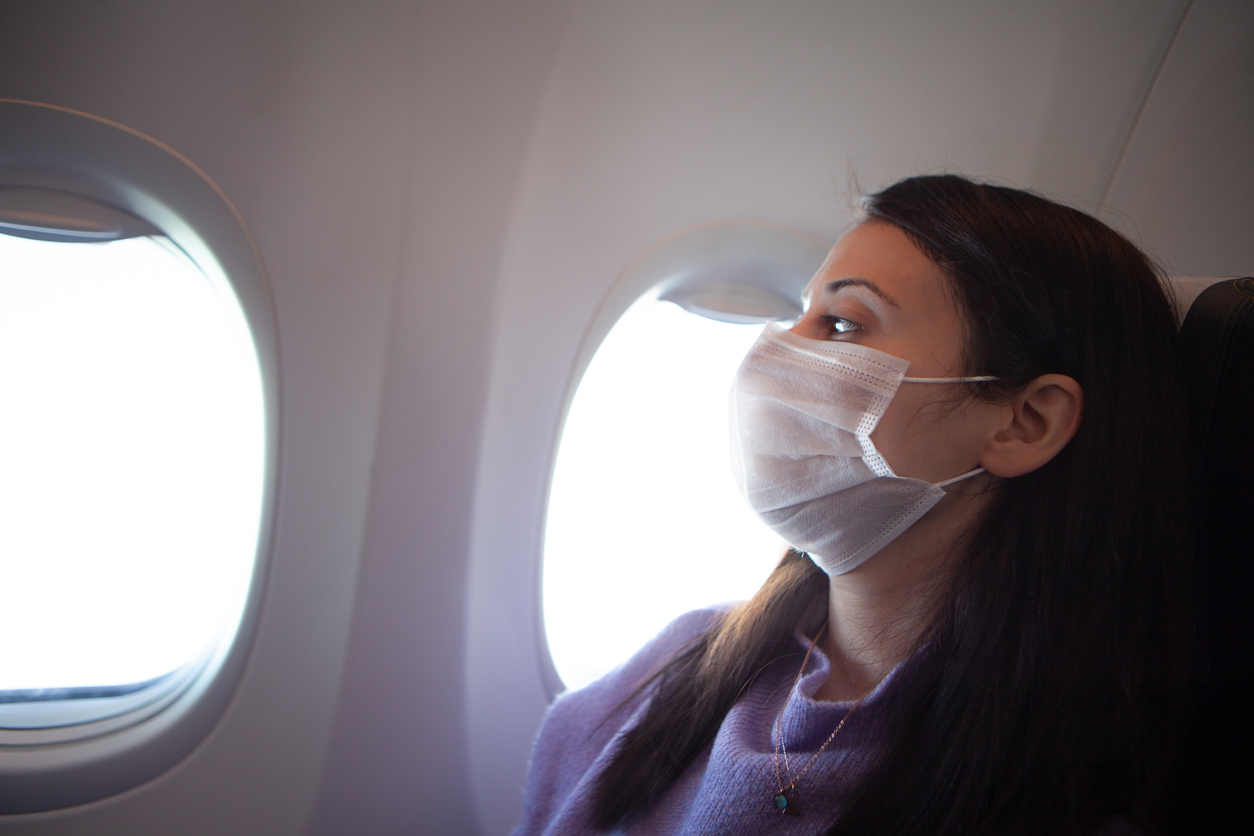Of all the things upended since March of this year, travel, both personal and business, is among the most disrupted. Some people are choosing not to travel until the pandemic is over, others are cautiously venturing out, but taking different trips in different ways.
This has resulted in a shift in travel habits for both personal and business travel.
What has Changed?
Business travel has dropped off precipitously. Most in person events have been canceled and companies are thinking twice before sending their employees on a trip. For personal travel, overseas travel is very limited for Americans.
Even within the US, air travel dropped by 95% in April, and numbers are only slowly recovering. Many airlines have put planes into storage in so-called bone yards in hope of better days. In contrast, RV sales have soared as many travelers decide taking their own accommodation and bathroom with them is the safest course of action. Trips are also shorter and more local. Hotels and bed and breakfasts are suffering or having to adapt to provide services sought by road trippers.
Additionally, many people are switching from urban travel, or theme parks, to camping and outdoor activities. This has caused problems for America’s National Parks as inexperienced travelers who know little about park etiquette crowd trails and drop litter.
Will These Changes Stick Around?
The obvious question is how many of these changes will continue after COVID-19, and the answer is likely ‘in part.’ For example, some people who have switched to camping as a recreational activity may become ‘hooked’ on it and continue to pursue it even when things start to return to normal. People who have bought RVs will want to get their money’s worth out of them.
Air travel is likely to take a while to return to normal, especially as government bailout money runs out. Research has showed that full-service carriers are suffering the most, but regional airlines might gain during the recovery period. In some industries, meetings that have gone to an online platform may stay that way, although in others there might be a rapid recovery after restrictions are lifted.
Prices are likely to be low into 2021, then increase for a few years as demand expands past the reduced capacity. Some airlines may go out of business, but others might fill the gap. After 9/11, low cost carriers entered markets from which they had previously been excluded, and this could happen again. Large airlines are likely to offer fewer non-stop flights.
Something that may come out of this is “revenge travel,” where people go on trips that they were forced to cancel or postpone. This could result in a spike in demand as travel becomes safe again. However, this is very hard to predict, especially as the economy remains in flux.
What Does This Mean For the Travel Industry?
Those parts of the travel industry that can offer flexibility, agility, and meet changing customer demands will do the best. For example, some customers will be looking at how hotels and resorts acted during COVID-19 when they choose future destinations.
Hotels will definitely need to focus on cleanliness and improved in-room activities. Hotel bars will likely be the last amenity to return to normal. In air travel, prices will be volatile, but some changes might be good for passengers. All of the major U.S. airlines have ditched change fees, and are claiming it is for good. They want fewer sick people getting on planes and to improve passenger confidence. For example, people might be afraid to book flights for a cruise that might be canceled.
They also want to encourage people to book further ahead. These policies are sometimes limited. United, for example, is still holding to the no-change policy for basic economy.
What Opportunities Are There for Travel and Leisure Companies?
One opportunity for travel companies is that this is the perfect time to do renovations and make improvements, for those who have the extra cash to do so.
More people will be buying travel insurance, which should increase the profits in that sector. Where the largest growth is likely to be, however, is companies that provide services which support contact-less customer service. There was already a trend in the hotel sector towards further automating check-in, and airports are working to support a smoother experience. Paper boarding passes, for example, are likely to be a thing of the past. American Airlines has introduced technology that allows people to drop their bags off without having to touch anything or interact with a customer.
There are, of course, always opportunities for startups any time legacy industries are disrupted, and there may well be things that happen in the travel and leisure industry over the next few years that none of us predicted.
We will travel again, but it may look a little bit different, and some of us may discover that the trips we took in the past are perhaps not as much fun today as they once were.










